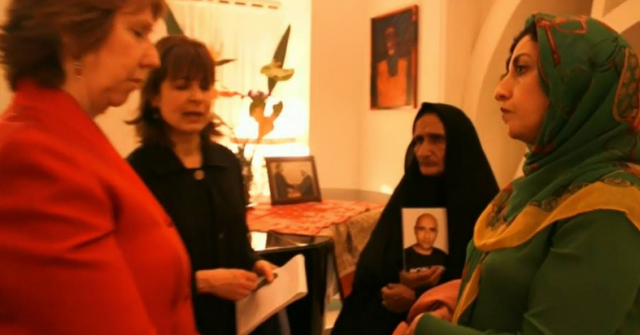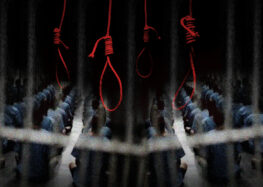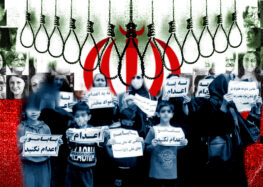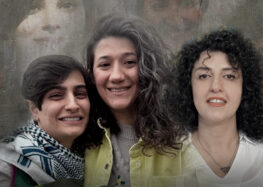Human Rights Activist Rejects Criticism of her Meeting with Ashton

“I and a number of women’s rights activists were formally invited,” to meet Ashton, Mohammadi said. “I saw nothing wrong with the invitation and therefore I accepted it. But what I don’t understand is all the criticism accusing me of sedition.”
Narges Mohammadi, the human rights activist at the center of a controversy over her meeting in Tehran with EU foreign policy chief Catherine Ashton, has defended her action.
“Objections to our meeting with Ashton are harmful to the atmosphere of moderation and trust promised by the Rouhani Administration,” Narges Mohammadi told the International Campaign for Human Rights in Iran.
Mohammadi, the spokesperson for the Tehran-based Society of Human Rights Defenders, met with Ashton, who is the High Representative of the European Union for Foreign Affairs and Security Policy, along with a number of other women activists at the Austrian embassy in Tehran during Ashton’s formal visit to Iran on March 8th.
Topics discussed during the two-hour meeting included human rights, woman’s affairs, civil society, and Rouhani’s steps to improve the economy and foreign relations, Mohammadi said.
A photograph of Ashton hugging Gohar Eshghi, the mother of Sattar Beheshti, the blogger who died under torture by his interrogators at Evin Prison, was particularly decried by conservatives and official media as interference in Iran’s affairs.
“I and a number of women’s rights activists were formally invited,” to meet Ashton, Mohammadi said. “I saw nothing wrong with the invitation and therefore I accepted it. But what I don’t understand is all the criticism accusing me of sedition.”
Mohammadi was arrested in 2009 and charged with propaganda against the state. She was sentenced to six years in prison but was released in 2013 for medical reasons after a severe illness in Zanjan prison.
“When the topic of human rights comes up many of the world’s powerful people get upset,” she said. “I think one of the reasons that our meeting with Ms. Ashton raised objections was because human rights issues were discussed.”
Iran’s Foreign Ministry Spokesperson Marzieh Afkham denounced the meeting and said a formal complaint had been sent to the Austrian embassy. “These kinds of actions will increase our people’s distrust towards the West,” Afkham said.






